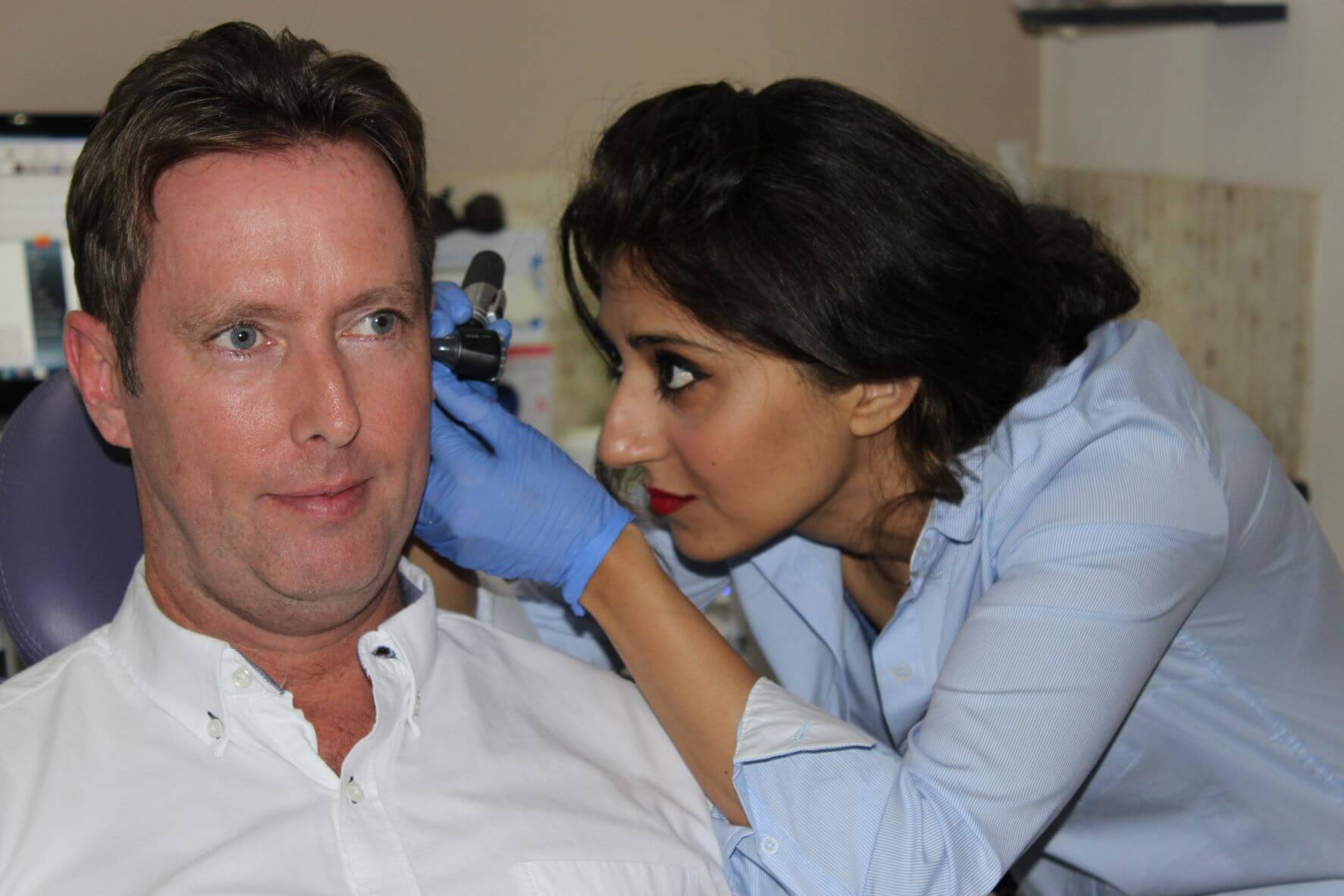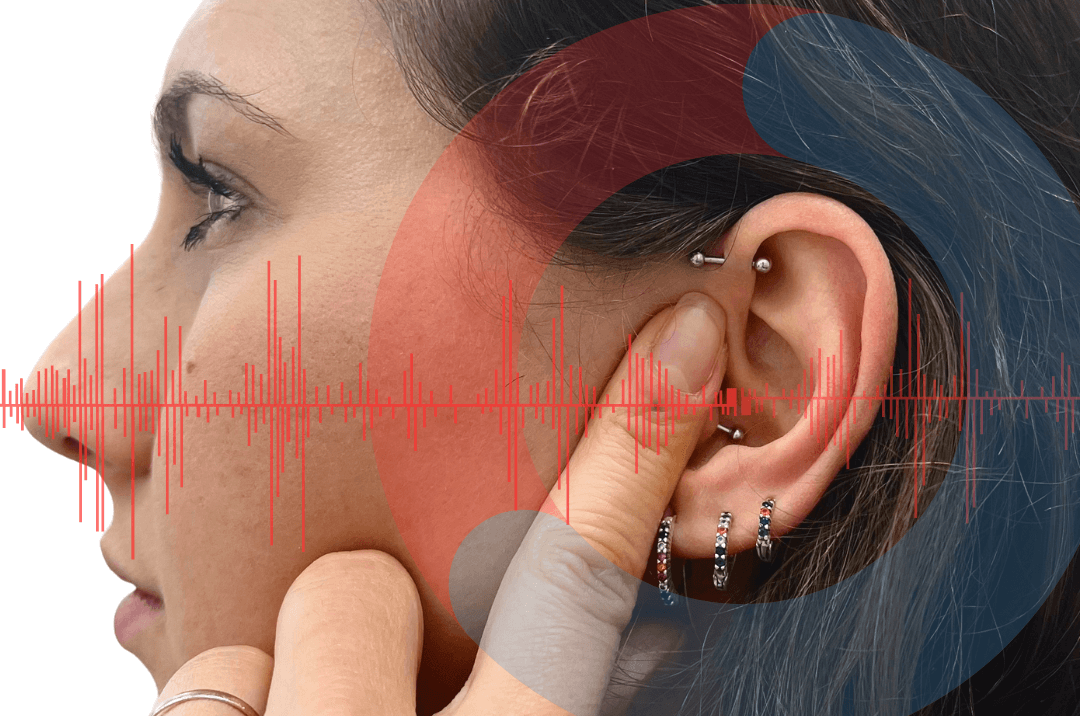
What Is Diplacusis?
Diplacusis is a rare hearing disorder in which a single sound is perceived differently by each ear. Instead of hearing
This past week has been a scorcher and many of us have escaped to the air conditioned paradise that is the gym for a little swim to cool down. We thought this week would be a good opportunity to discuss swimmer’s ear.
Whilst ear infections are much more common in children than adults, we do still contract them. Adults are less likely to develop an infection in the middle ear due to the structure of the eustachian tubes. One of the most common ear infections that adults contract is otitis externa, also known as swimmer’s ear. This is an infection of the outer ear canal.
Swimmer’s ear is most often caused by an excessive build up of moisture in the ear canal, however there are a lot of different reasons for contracting it:
The reason that this infection is called swimmer’s ear despite the fact it can be caused for reasons other than swimming is because it is most frequent in people who spend a lot of time in and around the water. Most at risk people could include swimmers, competitive rowers, professional divers and fisher-people.
Most of the time, swimmer’s ear shows symptoms similar to those of a typical ear infection which include:
Luckily, swimmer’s ear often resolves on its own, however you should always seek medical attention if you are suffering as there is the risk for more severe complications if left untreated. This includes permanent damage to your hearing and more serious infections, potentially even of the brain. Your GP will be able to identify if you need a course of antibiotics or anti-fungal ear drops by a physical examination and sometimes a swab. If you are in pain, you may also be prescribed pain and / or anti-inflammatory medication.
If you do require treatment, you will be asked to keep your ear dry to avoid the risk of reinfection. You should always follow the advice of your doctor and ensure you finish the course of medication you have been prescribed. Generally, the symptoms will subside in a week or two.
The best way to avoid swimmer’s ear is to try and keep your ears dry. You can do this by wearing earplugs while swimming; there are specific ones you can purchase to use in the water. If you wear hearing aids, you should regularly remove them, particularly in very warm weather, to ensure that any moisture has a chance to escape. It is important to note that you should never attempt to remove moisture from your ears using a cotton bud or even your fingers. There is a chance this could actually cause an infection and not help to protect against one. It goes without saying that you should try to avoid swimming in dirty water as this could carry infection.
If you would like any further advice, please don’t hesitate to get in touch.
[html_block id=”3745″]

Diplacusis is a rare hearing disorder in which a single sound is perceived differently by each ear. Instead of hearing

Whether you have children in your life or not, we’re willing to bet you’ve heard of Peppa Pig and her

Tinnitus is the perception of sound when there is no external source. It is commonly described as a ringing in